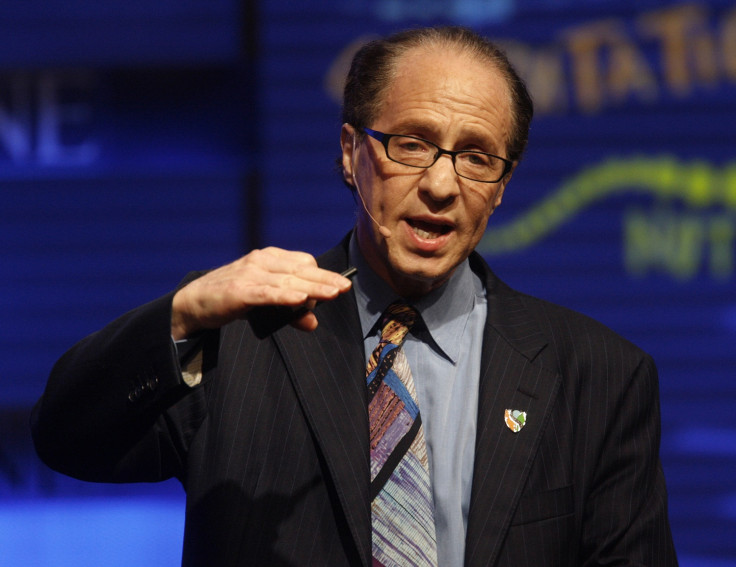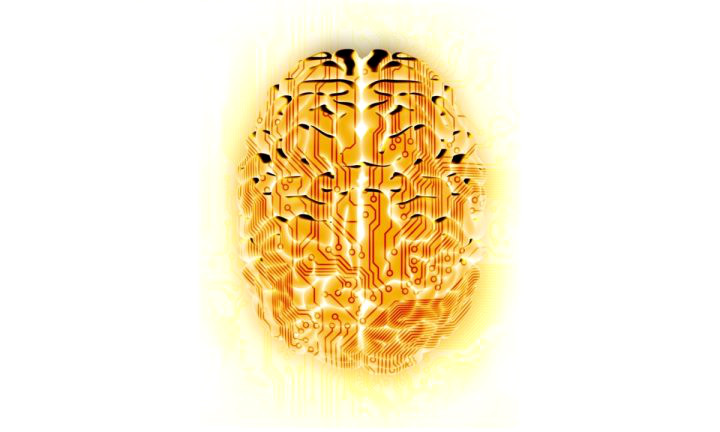Ray Kurzweil: Human brains could be connected to the cloud by 2030

Artificial intelligence pioneer Ray Kurzweil has predicted that within 15 years technology will exist that will allow human brains to be connected directly to the internet.
Speaking at the Exponential Finance conference in New York on Wednesday (3 June), Kurzweil hypothesised that nanobots made from DNA strands could be used to transform humans into hybrids
"Our thinking then will be a hybrid of biological and non-biological thinking," Kurzweil said. "We're going to gradually merge and enhance ourselves. In my view, that's the nature of being human - we transcend our limitations."
"We'll be able to extend (our limitations) and think in the cloud. We're going to put gateways to the cloud in our brains."
Connecting brains to the internet or a cloud computer network will allow for advanced thinking, Kurzweil predicts, and by the late 2030s human thought could be predominantly non-biological.

Kurzweil, who now works as director of engineering at Google, famously predicted that the technological singularity - when artificial intelligence surpasses that of human intelligence - would occur by the year 2045.
The famed futurologist has been correct in many of his predictions in the past, correctly foreseeing in the 1990's that by 2009 wireless technology would be commonplace, people would primarily use portable computers, and eyeglasses would feature electronic displays.
Technology is a double-edged sword... every technology has its promise and peril.
Ray Kurzweil
Kurzweil warned at the New York event that caution should be taken when considering the accelerating nature of technological advances.
"As I wrote starting 20 years ago, technology is a double-edged sword," Kurzweil said. "Fire kept us warm and cooked our food but also burnt down our houses. Every technology has had its promise and peril."
The drive towards the development of advanced artificial intelligence systems by major corporations like Google and Facebook has led to prominent figures in the field to warn of the potential dangers.
Renowned philosopher Nick Bostrom, whose 2014 book Superintelligence: Paths, Dangers, Strategies outlined the existential risk to humanity such technology poses, recently told IBTimes UK that he believed it would be a "great tragedy" if advanced artificial intelligence is never developed.
"I think that the path to the best possible future goes through the creation of machine intelligence at some point," Bostrom said.
"I think though it would be greatly desirable to put in some effort to solve the control problem, to figure out how to set up the initial conditions for this intelligence explosion in the best possible way to increase the odds that this big future will be saved according to human values."
© Copyright IBTimes 2025. All rights reserved.






















